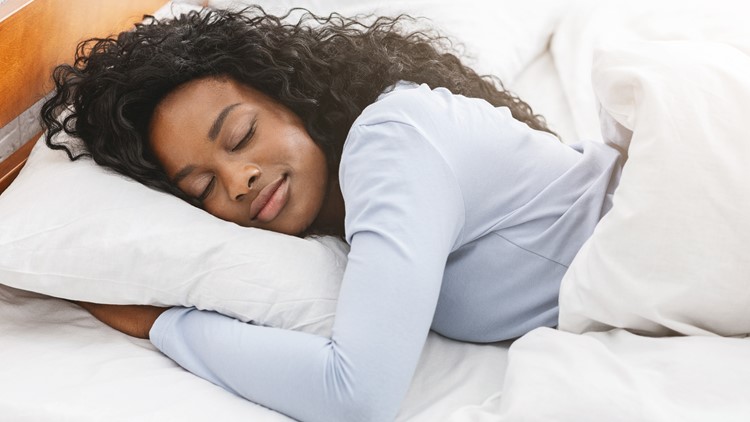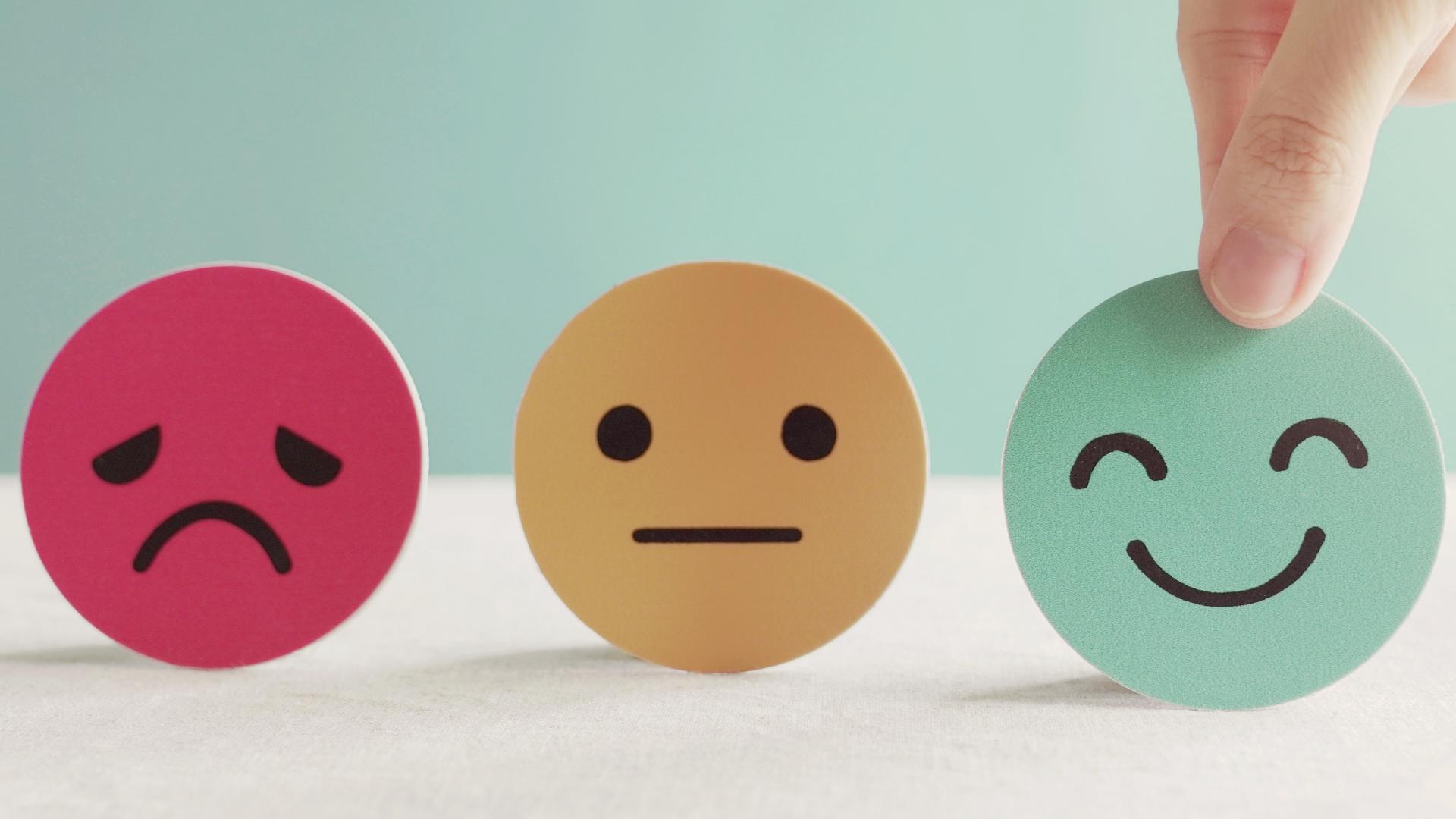MINNEAPOLIS — The global pandemic that began in 2019 is affecting people in many ways. The Center for Disease Control and Prevention (CDC) says more than one-third of Americans say they are having trouble sleeping because of issues related to COVID-19.
Quarantines, social distancing, job loss, school closures, work-for-home policies, fears of toilet paper shortages, maskers/anti-maskers, travel bans, canceled vacations, and you-fill-in-the-blank. The Sleep Foundation says millions of people had sleep issues before the pandemic started. That number has grown exponentially because of all the disruptions caused by COVID-19.
Good sleep = Good health
Sleep is critical biological process. It ensures physical health and is vital to an effective, functioning immune system. The National Sleep Foundation says poor sleep is associated with cardiovascular disease, cancer, hypertension, obesity and diabetes.
The Sleep Foundation says quality sleep is also important for emotional wellness and mental health. It helps to beat back stress, depression, and anxiety.
How to get a good night’s sleep
People are going to bed later, waking more frequently during sleep, having more bad dreams and reporting poor sleep quality along with an increased use of sleeping pills.
How much sleep do you need? The National Sleep Foundation (NSF) says the answer depends on your age. Adults ages of 18 – 64 need seven to nine hours each night to stay on the top of their game. NSF says people 65+ can get by with seven to eight hours of sleep. The sleep recommendations for children vary for infants, toddlers and school-age. Check out the NSF sleep chart for each age group.
The Minnesota Sleep Society has a list of advice for getting more sleep and improving the quality of that sleep.
- Maintain a consistent schedule for going to bed and waking up. Follow your weekday schedule on weekends too.
- Have a 30- to 60- minute ‘wind down period.’ Turn off electronic devices and instead focus on reading, warm baths, or other relaxing activities.
- Make the bedroom a sanctuary. Declare it an electronics-free zone.
- Do not ‘try’ to sleep. Sometimes the harder you try to fall asleep, the more difficult it becomes. It takes 10 – 30 minutes for most people to drift off. If you’re not succeeding, get out of bed and try reading until you get sleepy.
Find other sleep tips from the Minnesota Sleep Society here.
Know Your Numbers
This information is provided by Health Fair 11 as part of its Know Your Numbers Campaign. Health Fair 11 is a non-profit organization that operates with the support of KARE 11 TV and UCare. Learn more at www.HealthFair11.org. To find out how your organization can become an official Health Fair 11 sponsor, email healthfair@kare11.com .
RESOURCES USED IN THIS ARTICLE
The Sleep Foundation
Sleep Health Journal



